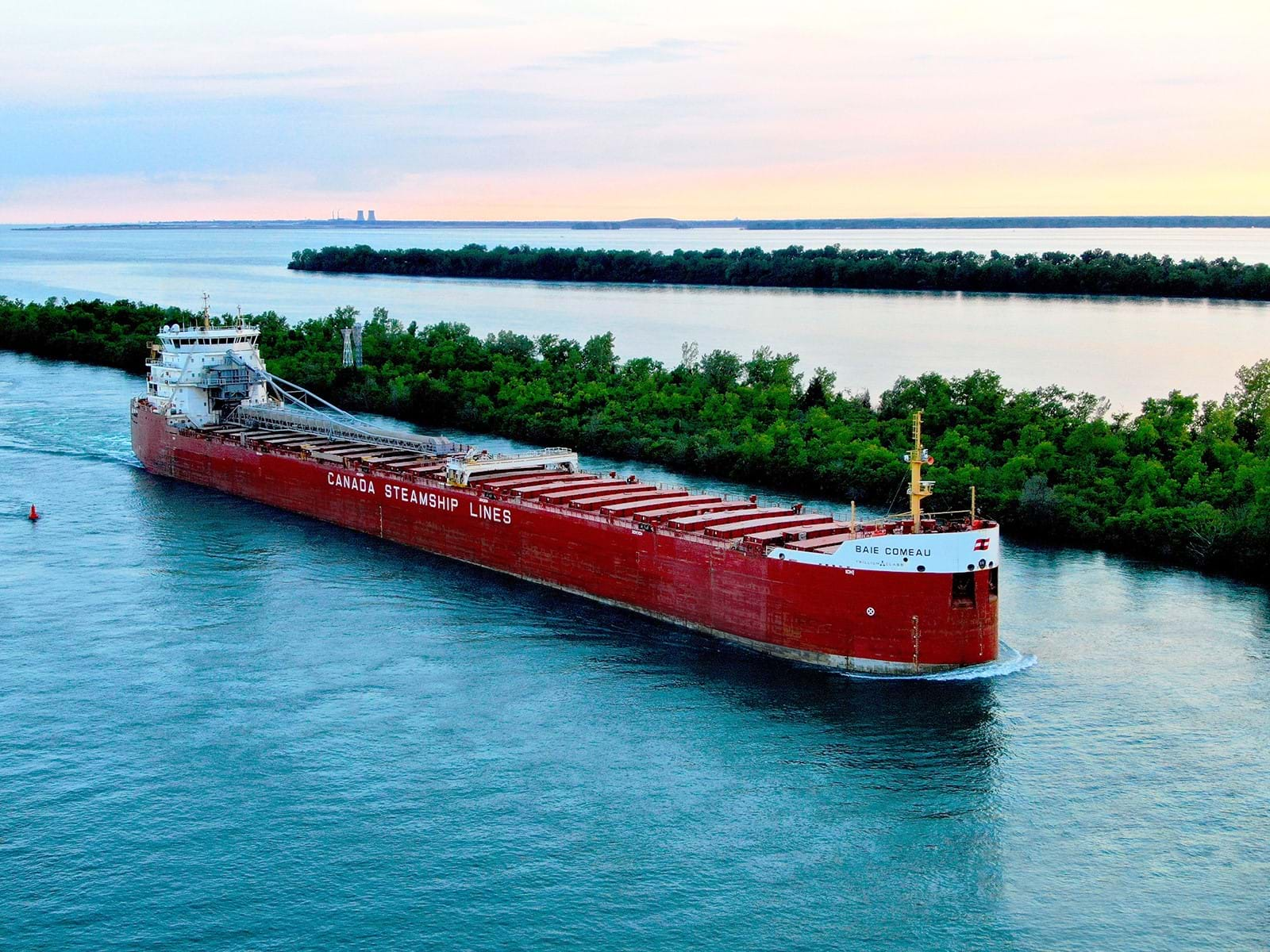
CSL achieves milestones in decarbonization efforts
CSL celebrates a major achievement in its Great Lakes biofuel initiative, clocking 75,000 running hours on B100 biofuel over four years. This translates to replacing 55,000 metric tonnes of fossil fuel with biodiesel, preventing 156,000 metric tonnes of CO2 emissions.
“In 2023, our biofuel fleet set a new record by using 16,400 metric tonnes of B100 biodiesel in a single season, marking our highest consumption to date. This translates into an 80 to 90% reduction in greenhouse gas (GHG) emissions, leading to the avoidance of 50,000 metric tonnes of CO2 across our Great Lakes fleet”, said Louis Martel, CSL President and CEO.
CSL started using biofuels in 2019, beginning with a B50 blend and moving to B80. By 2020, two ships were running on B100, a pure biodiesel made from non-food waste plant material. Since 2021, eight CSL vessels have consistently operated on B100 for five to eight months annually, demonstrating the effectiveness of biofuel in cutting GHG and complying with regulatory limits for SOx and NOx emissions.
CSL plans to expand its biofuel program to eight ships in 2024 and advocates for government support to ensure its affordability, urging the industry to embrace sustainable practices in maritime transportation.
Collected since the initiative’s first steps in 2019, CSL's biofuel data have been used by the International Maritime Organization (IMO), classification societies, the International Council for Combustion Engines (ICCI) and Original Equipment Manufacturers (OEMs) to advance the use of biofuels in shipping.